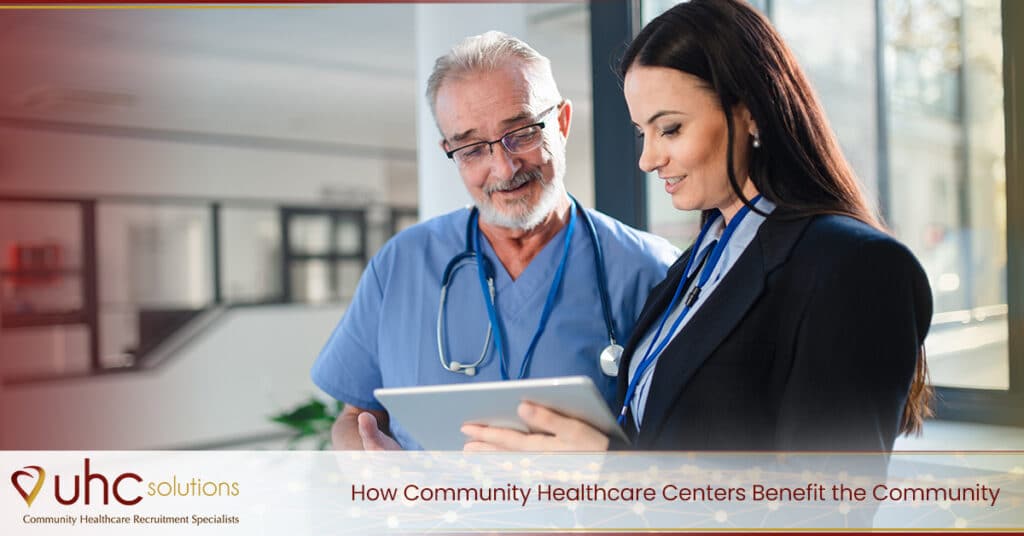Community healthcare centers are pivotal for promoting accessible and comprehensive healthcare services, significantly benefiting the communities they serve. These centers serve as vital hubs for medical, preventive, and educational resources, ensuring that even the most underserved populations have access to quality healthcare. Their impact reverberates across various dimensions, including public health, economic stability, and social well-being. What are the impacts of these organizations in the communities they serve? What role can they play in supporting equitable healthcare for everyone, regardless of their ability to pay?
Making Healthcare Accessible
One of the most significant benefits of community healthcare centers is their ability to provide healthcare services to populations that might otherwise struggle to access care. These centers are often strategically located in areas with limited healthcare infrastructure, bringing medical services closer to the people who most need them. This proximity reduces barriers to care, such as transportation and time constraints, which can otherwise deter individuals from seeking timely medical attention. By helping vulnerable populations, community healthcare centers play a vital role in reducing health disparities and ensuring that all community members have an equal opportunity to lead healthy lives.
Providing Preventative Care
Preventive care is a cornerstone of community healthcare centers. These centers focus on education and early intervention, helping individuals manage their health proactively. Through health screenings, immunizations, and educational programs, they empower community members with the knowledge and tools to make informed decisions about their health. By catching health issues early on and providing guidance on healthy living practices, community healthcare centers contribute to the community’s overall wellbeing and reduce the burden on emergency and acute care facilities.
Furthering Public Health
Community health centers contribute to the overall wellbeing of the community. By offering a range of services, from primary care to mental health support, these nonprofits address various of health needs under one roof. This holistic approach improves individual health outcomes and supports disease monitoring and prevention efforts at the community level. Through vaccinations, health education campaigns, and disease tracking, these centers play a vital role in responding to public health challenges, such as outbreaks and epidemics.
Making Care Affordable
Economically, community healthcare centers provide cost-effective care delivery. Offering preventive and primary care services allows these organizations to alleviate the strain on emergency departments, which are often overwhelmed by patients seeking non-urgent care. These alternative services reduce patients’ medical costs and contribute to the healthcare continuum’s overall efficiency. As a bonus, healthy community members are more likely to participate in the workforce, boosting productivity and economic stability for individuals and communities.
Building Stronger Communities
Beyond medical services, community health centers serve as social support. They often engage in outreach programs, wellness initiatives, and support groups that help individuals connect with others facing similar challenges. These centers become trusted sources of information and assistance, building strong bonds within the community.
UHC Solutions – Proud Partner of Community Healthcare
Community healthcare centers play a crucial role in benefiting the communities they serve. UHC Solutions is a trusted advisor to these organizations, providing them with the staffing resources needed to provide these patient benefits. If your organization needs talent, we can help. Contact us today.




